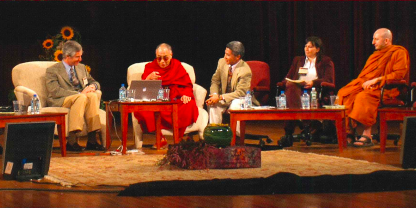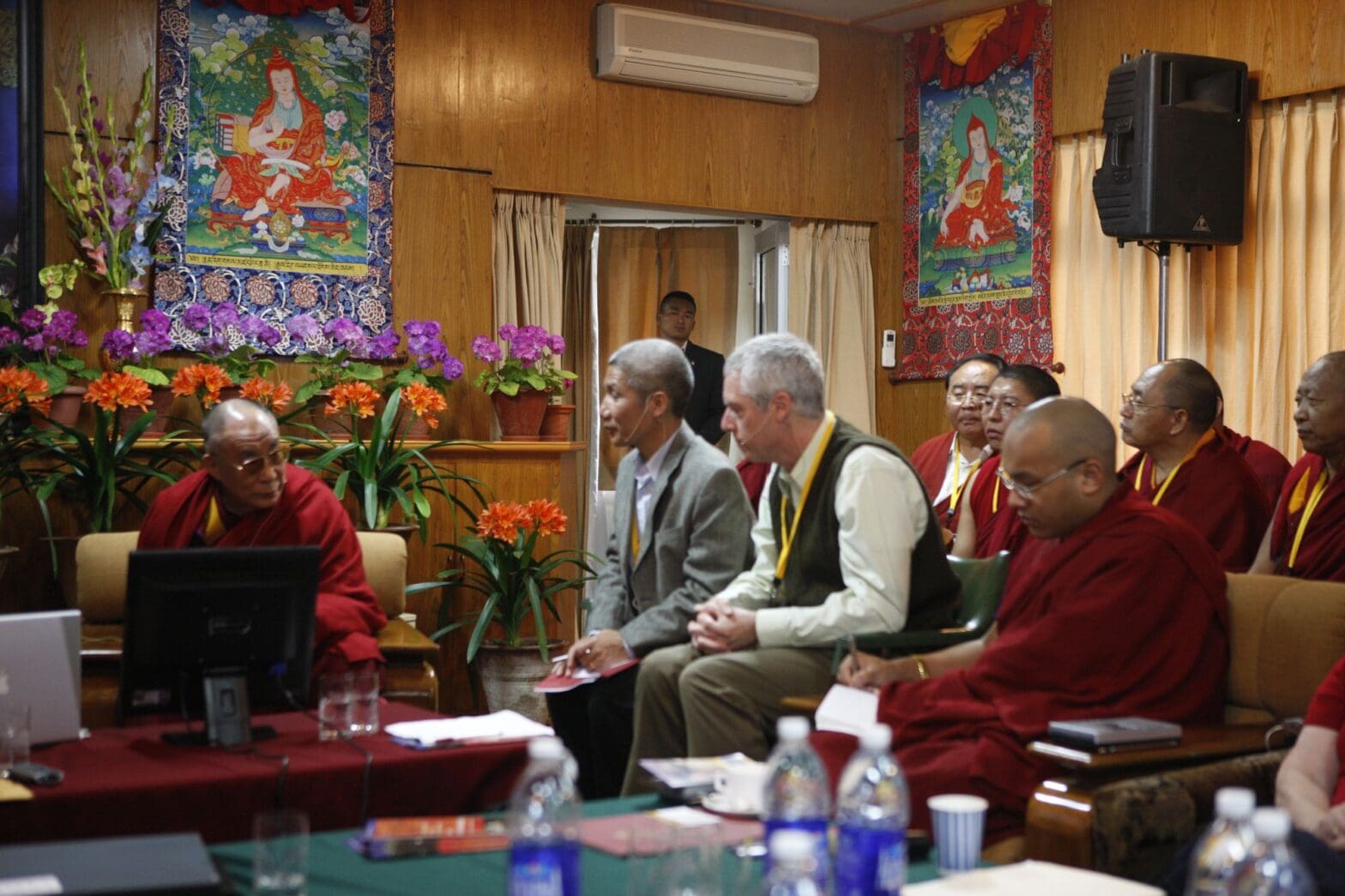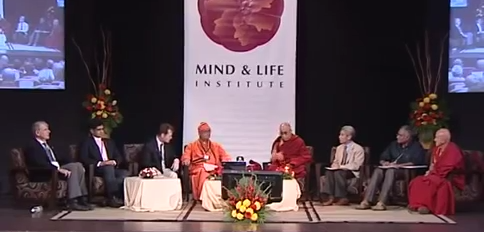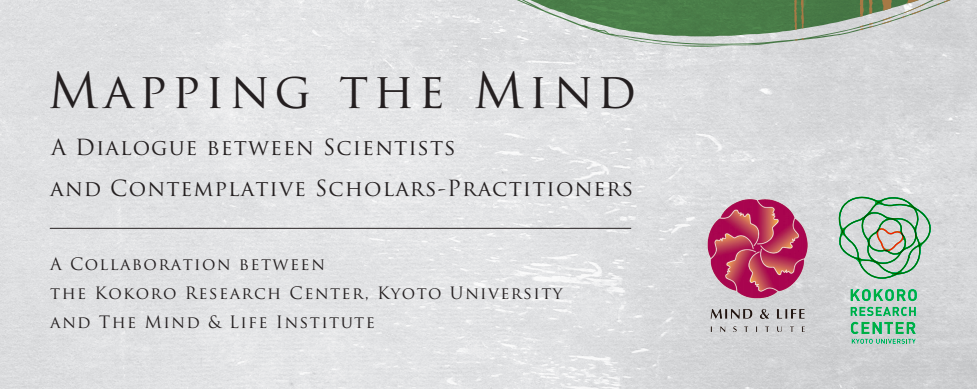From its inception Buddhism has probed the nature of mind, using the mind itself as its instrument of investigation, especially with the aid of refined meditation methods. For the past millennium, Tibetan Buddhists have pursued this investigation in monastic universities with rigor and exacting scholarship. Until now, science has been skeptical of this course of …
Topic Archives:
2009 Mind & Life Dialogue XVIII
The discussions during this Dialogue will primarily focus on the subjective phenomenology, information-processing operations, and neural mechanisms of attention, memory, and conscious awareness from both scientific and Buddhist perspectives. Special attention will be focused on the distinctive characteristics and interactions of attention, memory, and metacognition as seen from diverse viewpoints, including the possibility of multiple dimensions …
2010 Mind & Life Dialogue XXII
The impetus for this Mind & Life meeting stems from the Dalai Lama’s wish to have a Mind & Life meeting in Asia, particularly India. To this end, the conference brings together scientists, philosophers, and contemplative scholars and practitioners to discuss the benefits of contemplative science. In doing so, it provides a context for scientists …
2014 Mind & Life Dialogue XXIX
The nature of the human mind remains one of the most profound unresolved questions we face as a species. While the mind’s ultimate nature may forever elude us, we can nonetheless carefully study the mind’s characteristics, capabilities, and associated phenomena. We have mapped the human genome, the night sky and the fundamental particles of the …
2013 Mind & Life Dialogue XXVI
This landmark six-day event, convened at the specific request of the Dalai Lama, brought together 20 of the world’s foremost scientists and philosophers with senior Tibetan scholars. Several thousand monks and nuns from numerous Tibetan monastic centers of learning were in attendance. In addition to critically engaging in important questions of mutual interest and challenge …
2015 Mind & Life Dialogue XXX
Western science has advanced our understanding of many foundational issues in cognition, and has expanded psychological and philosophical explorations of the mind. Among the central topics addressed in this scientific endeavor are perception, concept acquisition, the nature of conceptual thought, and the role of language in cognition, and the origins and content of our sense …
New Mind & Life Podcast to Tell Deeper Story of Contemplative Science
In April, the new Mind & Life podcast will make its debut. Neuroscientist, meditator, and Mind & Life Science Director Wendy Hasenkamp will host the show, engaging experts across a range of disciplines in deepening our understanding of the mind and contemplative practice. Guests will share their research and insights, while probing broader issues: What are the …
Continue reading “New Mind & Life Podcast to Tell Deeper Story of Contemplative Science”
Impacts of maternal mindfulness on mother-infant biological integrity
The proposed research will investigate the role of mindfulness in mother-infant relationships and how this impacts biological aging. Telomeres, the repeated nucleotide sequences at the end of chromosomes, protect chromosomes from deterioration and enable cellular integrity. Age, relational stress, and inflammation degrade telomeres, which in turn is thought to relate to a range of health …
Continue reading “Impacts of maternal mindfulness on mother-infant biological integrity”
Developing an objective measure of mindfulness in daily life
Research on mindfulness has increased in recent years necessitating the development of subjective and objective methods of measuring this construct. We aim to develop a theoretically based, objective measure of daily mindfulness by examining peoples’ behavior and language use in their daily lives. Specifically, we will use the Electronically Activated Recorder (EAR) to collect audio …
Continue reading “Developing an objective measure of mindfulness in daily life”
Bringing relief to caregivers: Evaluating the effects of Mindfulness-Based Stress Reduction on relational quality, psychological well-being and cognitive function in caregivers of patients with dementia
Caregivers of persons with dementia are a considerably understudied segment of the population. Caregiver burden is widely recognized and characterized by an increased risk for stress-related disorders and illness, including depression, sleep disorder, and cognitive impairment. Employing a randomized controlled trial, this study examined the effect of mindfulness training on cognitive function and psychological wellbeing …








